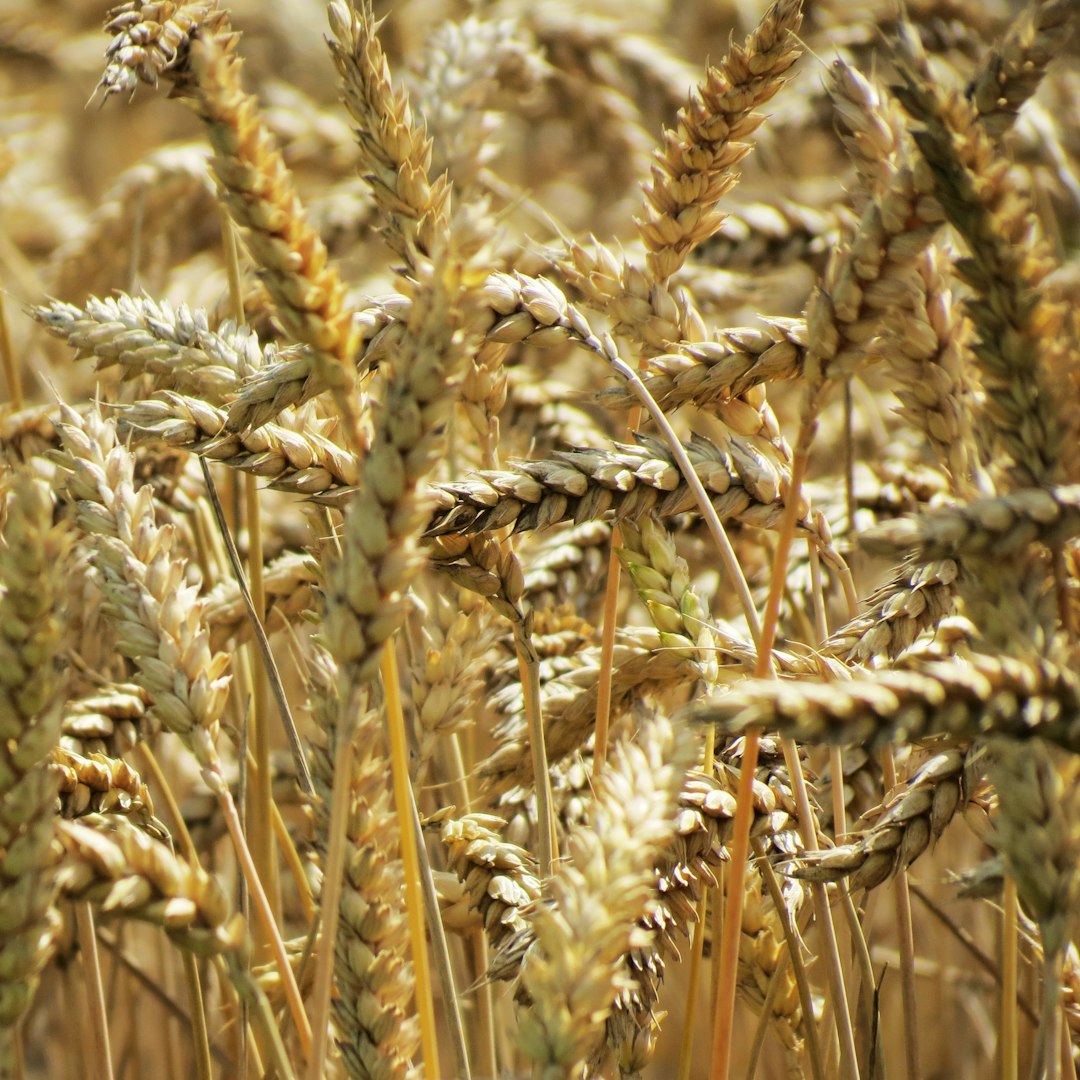Just as a computer can start to bog down and lose speed, so can our lives. Little by little, we pick up bad self-care habits and allow the tyranny of the urgent to crowd our spiritual time. When that happens, we need an opportunity to reboot and start fresh.
Ruth 1:1 (NIV)
In the days when the judges ruled, there was a famine in the land. So a man from Bethlehem in Judah, together with his wife and two sons, went to live for a while in the country of Moab.
The man’s name was Elimelek, his wife’s name was Naomi, and the names of his two sons were Mahlon and Kilion. They were Ephrathites from Bethlehem, Judah. And they went to Moab and lived there.
Now Elimelek, Naomi’s husband, died, and she was left with her two sons.
They married Moabite women, one named Orpah and the other Ruth. After they had lived there about ten years, both Mahlon and Kilion also died, and Naomi was left without her two sons and her husband.
When Naomi heard in Moab that the Lord had come to the aid of his people by providing food for them, she and her daughters-in-law prepared to return home from there.

With her two daughters-in-law she left the place where she had been living and set out on the road that would take them back to the land of Judah.
Then Naomi said to her two daughters-in-law, “Go back, each of you, to your mother’s home. May the Lord show you kindness, as you have shown kindness to your dead husbands and to me.
May the Lord grant that each of you will find rest in the home of another husband.” Then she kissed them goodbye and they wept aloud
and said to her, “We will go back with you to your people.”
But Naomi said, “Return home, my daughters. Why would you come with me? Am I going to have any more sons, who could become your husbands?
Return home, my daughters; I am too old to have another husband. Even if I thought there was still hope for me—even if I had a husband tonight and then gave birth to sons—
would you wait until they grew up? Would you remain unmarried for them? No, my daughters. It is more bitter for me than for you, because the Lord’s hand has turned against me!”
At this they wept aloud again. Then Orpah kissed her mother-in-law goodbye, but Ruth clung to her.
“Look,” said Naomi, “your sister-in-law is going back to her people and her gods. Go back with her.”
But Ruth replied, “Don’t urge me to leave you or to turn back from you. Where you go I will go, and where you stay I will stay. Your people will be my people and your God my God.
Where you die I will die, and there I will be buried. May the Lord deal with me, be it ever so severely, if even death separates you and me.”
When Naomi realized that Ruth was determined to go with her, she stopped urging her.
So the two women went on until they came to Bethlehem. When they arrived in Bethlehem, the whole town was stirred because of them, and the women exclaimed, “Can this be Naomi?”
“Don’t call me Naomi,” she told them. “Call me Mara, because the Almighty has made my life very bitter.
I went away full, but the Lord has brought me back empty. Why call me Naomi? The Lord has afflicted me; the Almighty has brought misfortune upon me.”
So Naomi returned from Moab accompanied by Ruth the Moabite, her daughter-in-law, arriving in Bethlehem as the barley harvest was beginning.
Do you think Ruth was justified in her frustration? When she said, “Call me Mara, because the Almighty has made my life very bitter.”
Verse 22 tells us that they arrived in Bethlehem as the barley harvest was beginning. Barley was an important grain. It was grown chiefly for horses and donkey, but was also eaten by the poor. It was sown in the fall and harvested the following spring (Ruth 2:23). So Naomi and Ruth walked around 22 miles. A fairly healthy person can walk between 3-4 miles an hour. Naomi was not a young woman. And you figure as each day passes they may have gotten slower as their feet began to hurt. If they were able to walk four miles a day it would take five days to make the trip.
In her grief and fatigue, Naomi had no way of knowing how she fit in God’s plan. At one time she felt God had made her life bitter, but because of her, Boaz fathered a son, named Obed, who became the father of Jesse, who was the father of David, whom Jesus was descended.
